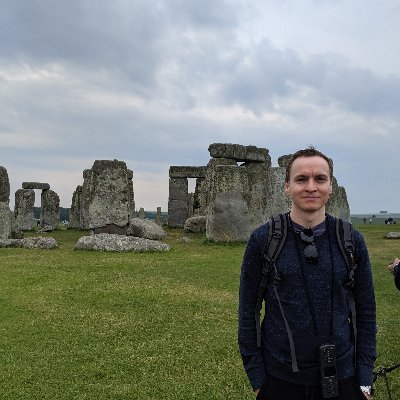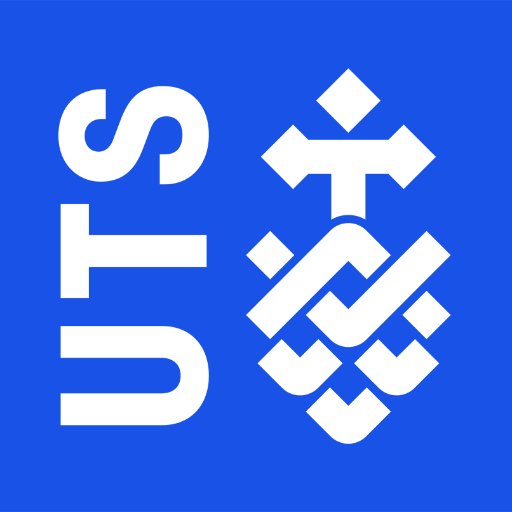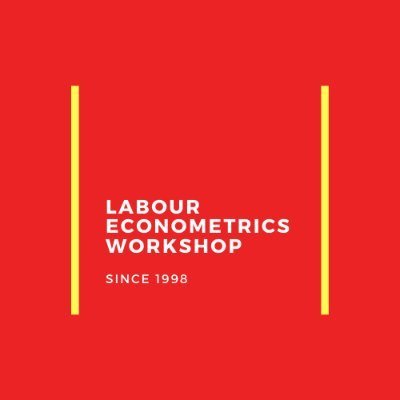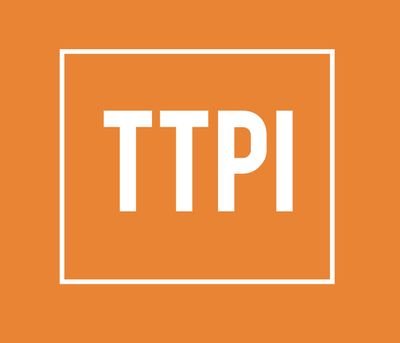
Nathan Kettlewell
@NathanKettlewe1
Followers
243
Following
275
Media
5
Statuses
158
Economist at the University of Technology Sydney | @nkettlewell.bsky.social
Joined May 2020
Introducing the Australian Twins Economic Preferences Survey (ATEPS)! A collab with the super talented @AgnieszkaTymula. Details in this🧵 https://t.co/4RKItyJlWf
2
7
32
It is such a great day for the UTS Economics Department, as 3 UTS-led DP projects were funded! Congratulations to our colleagues @SiminskiPeter
@MAnufriev
@NathanKettlewe1
1
3
22
Private health insurers are now offering GP telehealth services. Is this a risk to Medicare? https://t.co/tEpU8U8heA via @ConversationEDU
theconversation.com
Some private health insurers are offering their members easier access to GP telehealth services, sometimes for free.
0
1
3
Private health insurers are now offering GP telehealth services. Is this a risk to Medicare? https://t.co/tEpU8U8P48 via @ConversationEDU
theconversation.com
Some private health insurers are offering their members easier access to GP telehealth services, sometimes for free.
0
0
1
This has been a central topic of my research. We have collected and analysed data from different sources. I'd like to advocate for evidence-based policy and better data collection/accessibility to researchers. Thanks to the editor at The Conversation. https://t.co/GEiXn7ke9K
theconversation.com
In many cases, patients are unable to shop around or make informed decisions about their care due to a lack of information about the true cost and quality of services.
0
5
15
UTS Behavioural Lab Conference on Nov 7th. Amazing speakers: @jesspan13 @NUSingapore, @Dr_NadZ @UOW, Prof Brown @UTS_Business , Dr Tindall @B_I_Team. @UTSSocialImpact @UTS_Economics #DEI Tickets ⬇️
events.humanitix.com
2024 UTS Behavioural Lab Conference: Bahavioural Science for Diversity, Equity and Inclusion
0
4
7
My article in the Conversation about housing and intergenerational economic mobility in Australia https://t.co/p64VrdUeuU via @ConversationEDU
theconversation.com
When the benefit people get from owning a home is taken into account, Australia looks more like Canada than Switzerland.
1
12
33
📣Attend the Medicare Symposium on 19 June (Canberra) where the 'Medicare & the Health Care System' panel will explore how research can inform better system design + integrated models of care @NathanKettlewe1 @wrightdrmc @tony40scott @ozprodcom👉Register: https://t.co/71X2gLOx0q
0
5
9
A very fun chat, and Lawrence and co do a great job splicing it together. Feat. trust, econ games, tax reform failures, pens, me saying like, fairness
Is #greed fundamental to human nature? Or can we have a society where it doesn’t pose a threat? @UTS_Business's @NathanKettlewe1 provides an economist's view on greed and #trust with @2ser
https://t.co/o20miZpjzQ
1
0
2
Very impressive research by Jan and the team, which they just keep improving (I discussed a version of this paper two years ago and it was an epic then).
Are teachers *generally* better at teaching students of their own sex? NO in primary education, YES in secondary education. A 🧵generalizability and same-sex teacher effects https://t.co/3dle8s9UoZ
0
2
4
📰📰 CALL FOR PAPERS 📰📰 UQ will be hosting the Australasian Labour Econometrics Workshop (LEW) on Aug 15-16! We have two fantastic keynotes: @royer_heather and @jondr44. LEW is an annual workshop focused on labour econ/applied micro. Link: https://t.co/cWABLimDxX
#EconTwitter
1
11
17
The lifetime health cover loading applies to people who purchase private hospital insurance (PHI) after the 1 July following their 31st birthday. @NathanKettlewe1 and @yutingzhang66 examine the effectiveness of this "stick" in encouraging PHI.
0
1
0
The first publication from the twins data I'm always talking about. Very happy to have this out 🙂 Grateful to work with @AgnieszkaTymula on this, and also to the editors and referees at JEBO for great feedback. The paper grew a lot through revision.
Wondered about the heritability of different types of trust? Check out our new publication with @NathanKettlewe1 (the driving force behind this research agenda)
1
1
14
Netflix's You Are What You Eat uses a twin study. 🧑🤝🧑 @NathanKettlewe1 (@UTSEngage) explains why studying twins is so important for science. https://t.co/kFykGvXZ0Z
theconversation.com
The new Netflix documentary follows identical twins as they adopt different diets. This is a great example of a twin study – a uniquely useful research tool in science.
0
5
9
Very grateful to my co-authors for working with me on this. I have learned a tonne from them. Comments and feedback are welcome!
0
0
1
This paper is a product of the Australian Twins Economic Preferences Survey, which people in my network are probably sick of hearing me plug. Nonetheless... https://t.co/G2e0zhLEzP
Introducing the Australian Twins Economic Preferences Survey (ATEPS)! A collab with the super talented @AgnieszkaTymula. Details in this🧵 https://t.co/4RKItyJlWf
1
0
2
Compared to the meta-estimates, our structural results imply a greater role for genes and family environment and reduced role of unique experiences, in line with expectations. E.g., for risk preferences we estimate heritability of 36-48% compared to 25% in previous literature.
1
0
1
We also find that genetic heritability of time preferences goes away when you jointly estimate with risk preferences. Confoundedness of risk and time preferences not considered in previous work. The family environment explains around 1/3 of variation for time preferences.
1
0
1
See for example the graph below. A is variation explained by genes, C family environment, E unique environment. Using raw choices in a MPL task (blue bars), genes explain very little. But for parameters of an RDU decision function (last two red bars), genes matter a lot.
1
0
1
This helps to deal with measurement and behavioural errors affecting earlier studies. It's also cool to see how different approaches to measuring preferences affect conclusions - turns out, a lot.
1
0
1
We decompose variation in risk and time preferences into genetic and environmental components by extending the classic twin design to cases where outcomes are latent structural parameters governing choice (e.g., coefficients of risk aversion).
1
0
1















